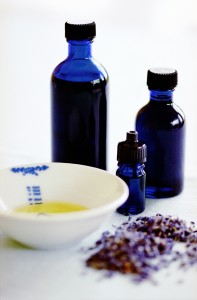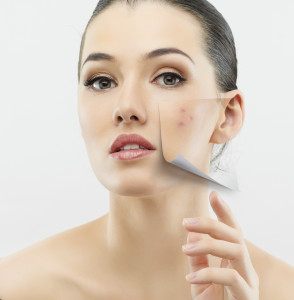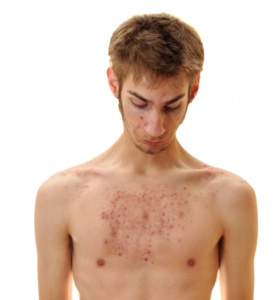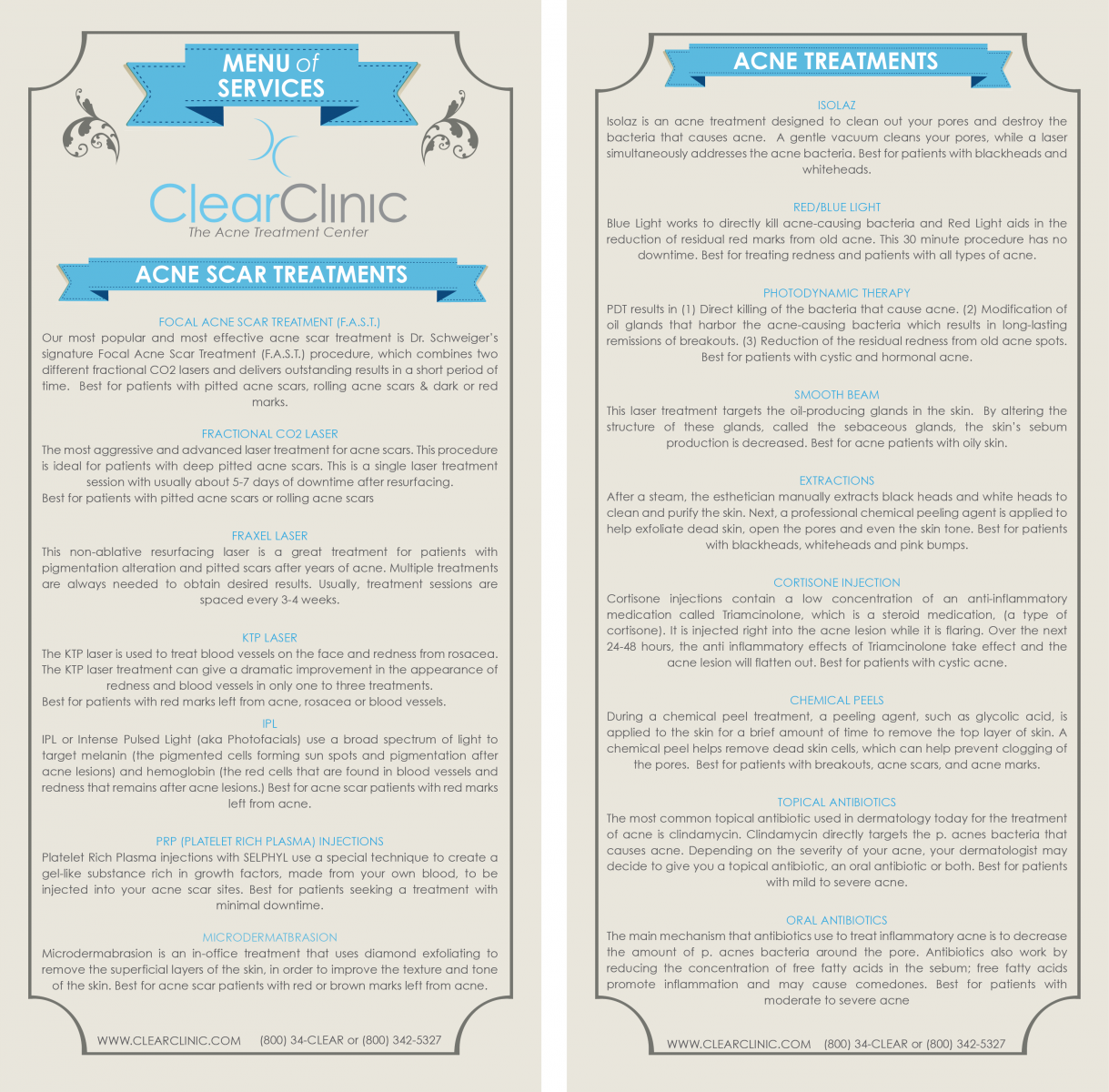Are Oils Actually Good for Acne Prone Skin?
 In a strange twist of beauty fate, it turns out that oils might be good for acne-prone skin after all. Skin oils are all the rage in the beauty world. Although it may seem that oils are a new trend, the therapeutic use of essential oils for protecting, hydrating and curing the skin has been around since ancient Greek times. With so many consumers wanting to adapt a more natural skincare regimen, it makes perfect sense that skin care oils are everywhere.
In a strange twist of beauty fate, it turns out that oils might be good for acne-prone skin after all. Skin oils are all the rage in the beauty world. Although it may seem that oils are a new trend, the therapeutic use of essential oils for protecting, hydrating and curing the skin has been around since ancient Greek times. With so many consumers wanting to adapt a more natural skincare regimen, it makes perfect sense that skin care oils are everywhere.
If you have acne-prone skin, you’ve most likely been taught to avoid any skincare product containing oils like it has the plague. But it might be time to re-teach yourself that not oils are created equal and some are actually beneficial to oily, acne-prone skin. Studies have found that tea tree oil, which has natural anti-bacterial and anti-inflammatory properties, to be as effective at treating acne as benzoyl peroxide. Peppermint oil is another oil that is known for treating oily skin types, as it helps to keep oil production in check. If you want to contract your pores and remove oil from your skin, then lemongrass oil is another ingredient to look out for. Lavender oil is known for reducing redness and soothing the skin. Use bergamot oil as a spot treatment and it will help dry up active acne blemishes.
Even though these essential oils may have some benefits for oily, acne-prone skin, you do want to avoid proven pore-clogging oils, such as coconut oil, cottonseed oil and soybean oil. As with any new ingredient you’re using on your skin, tread lightly and go with a little dose before diving into it. And if you’re trying to clear your skin, then we suggest incorporating proven acne-fighting ingredients, including salicylic acid, sulfur and benzoyl peroxide into your regimen.






